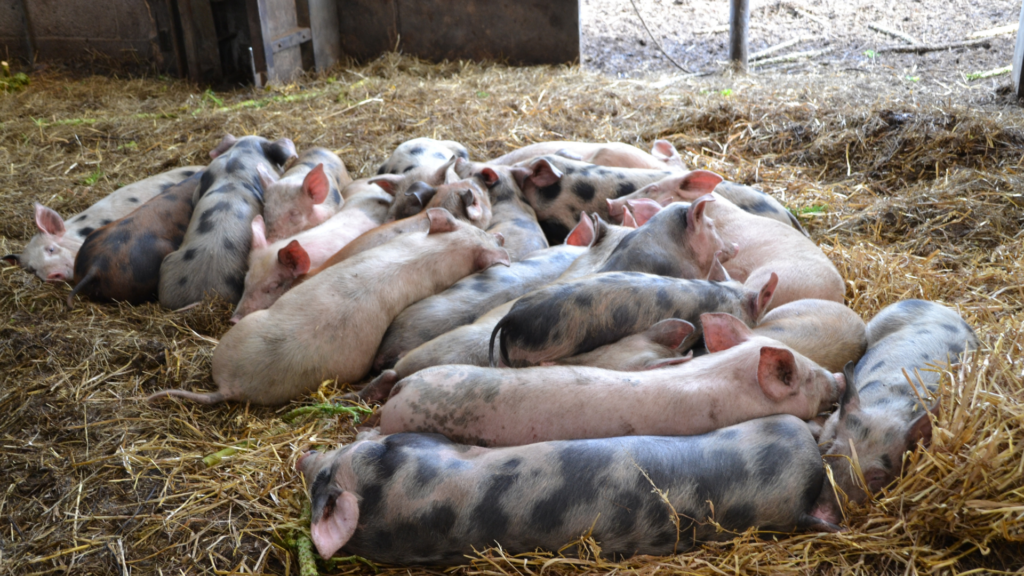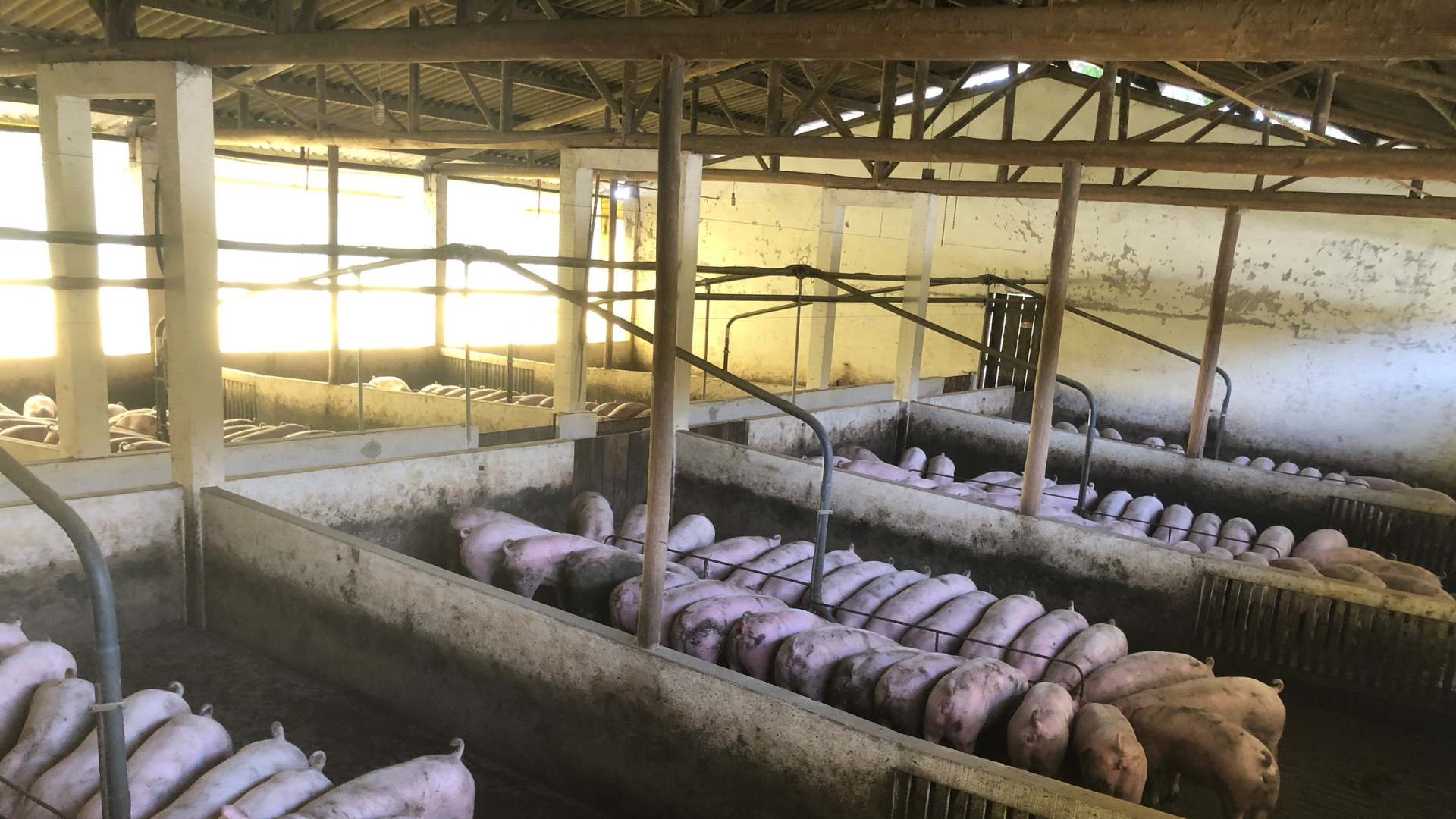Tackling Antimicrobial Resistance in Colombia via diagnostic uptake in pig farming
Context
Antimicrobial resistance (AMR) around the world is considered one of the most important public health problems, and the non-prudent use of antimicrobials in food-producing animals is a contributing factor to this problem.
Problem
It is important that pig producers can carry out timely diagnoses to reduce the inappropriate use of antimicrobials. Across many countries, researchers and policy makers struggle to find affordable means for small and medium-scale producers to guide and support more prudent antimicrobial use. This challenge also applies in Colombia and is the rationale behind a new diagnostic platform for swine, developed and launched by Porkcolombia, an association representing more than 80% of pig producers in Colombia.
Project overview
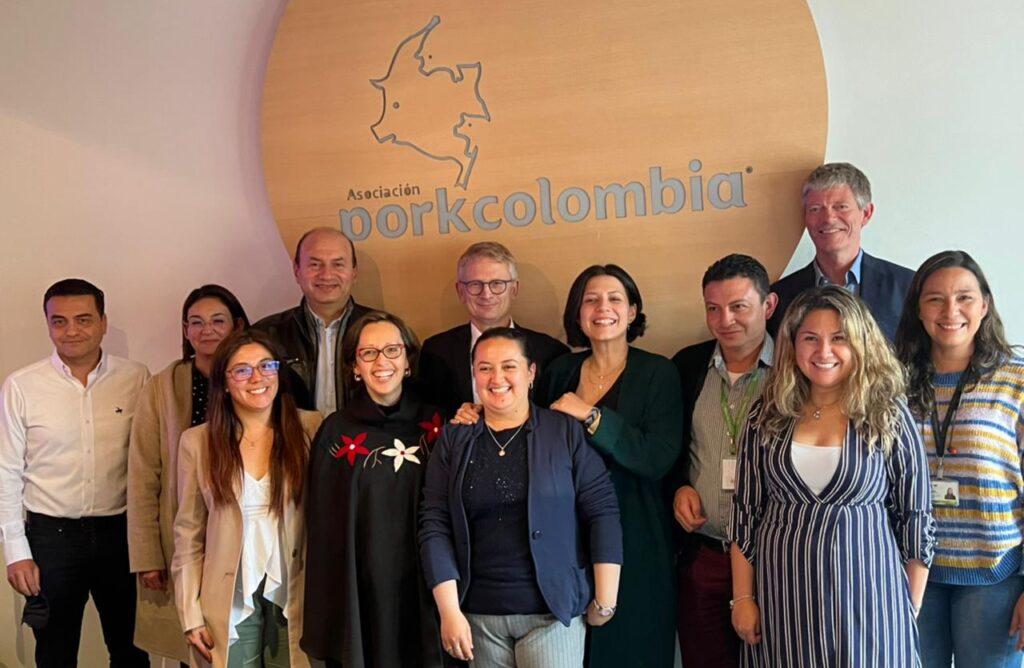
This project aims to understand the potential of a new subsidized diagnostic platform, to support a more frequent and better disease diagnosis and appropriate use of antimicrobials in the swine industry in Colombia. It will aim at looking at the accessibility, acceptability and cost-benefit of diagnostic services by the farmers. The project will aim to draw learnings from this platform to translate to similar contexts, as well as inform funders, researchers, and policymakers on how best to support uptake of innovations to maximize existing investments to date, and ultimately ensure better AMR mitigation.
Evidence from qualitative, quantitative and economic analyses will be used to evaluate the potential for a new subsidized diagnostic platform, to improve the diagnostic and decision-making process of infectious diseases in the swine industry. The results will be published in peer-review journals and a policy draft will be prepared and iteratively discussed in high-level round tables. A systematic consensus methodology will be used to summarize key recommendations for the uptake of the subsidised model within the country and potentially across other similar contexts.
Outcomes
The expected outcomes are:
- An improved understanding of the barriers and challenges for uptake of a subsidised private diagnostic service to inform a better and more prudent use of antimicrobials in Colombian pig farming
- A cost-benefit analysis to support decision-making on the usage of specialized diagnostic services
- Improved stakeholder engagement for more prudent use of antimicrobials in Colombian pig farming
- Knowledge transfer of project results within Colombia and internationally
Results
Using mixed research methodologies under the framework of implementation research, this project improved the understanding of the barriers and challenges for uptake of a laboratory network to inform better and more prudent AMU in Colombian pig farming. Triangulation of information from the qualitative and quantitative data uncovered the following three main areas for developing policies and procedures that can effectively support the uptake of this network:
- Targeted training, access to knowledge and, socialisation of the diagnostic network,
- Better articulation and communication among national stakeholders and local actors,
- Easier workflow including changes in the decision-making process, logistics and result analysis.
Furthermore, preliminary results from the cost-benefit analysis, showed that benefits of using disease diagnostics for the eight most common pig disease exceeded the costs for the producer. The conventional management of pig diseases and antibiotic use were found to be the least beneficial scenario and was associated with negative spill-over effects on the producers, society, and the environment. Extended modelling on the return of investment by farm is ongoing.
Facts
Region: Latin America
Sector: Terrestrial and Aquatic Animals
Country: Colombia
Type: Supporting activity
Country partners: Porkcolombia
Funding partners: UK Global AMR Innovation Fund (GAMRIF) - 69,914 USD
Timescale: 1st October 2021 - 30th June 2022, follow-on grant for January - March 2024
ICARS funding: 28,946 USD
ICARS Science Team

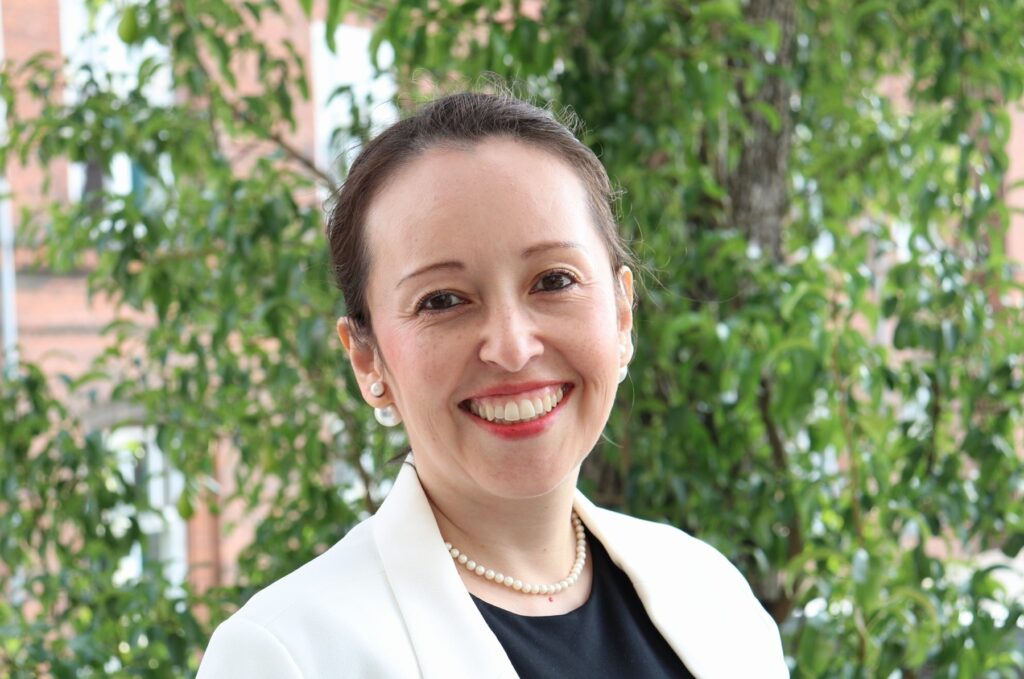
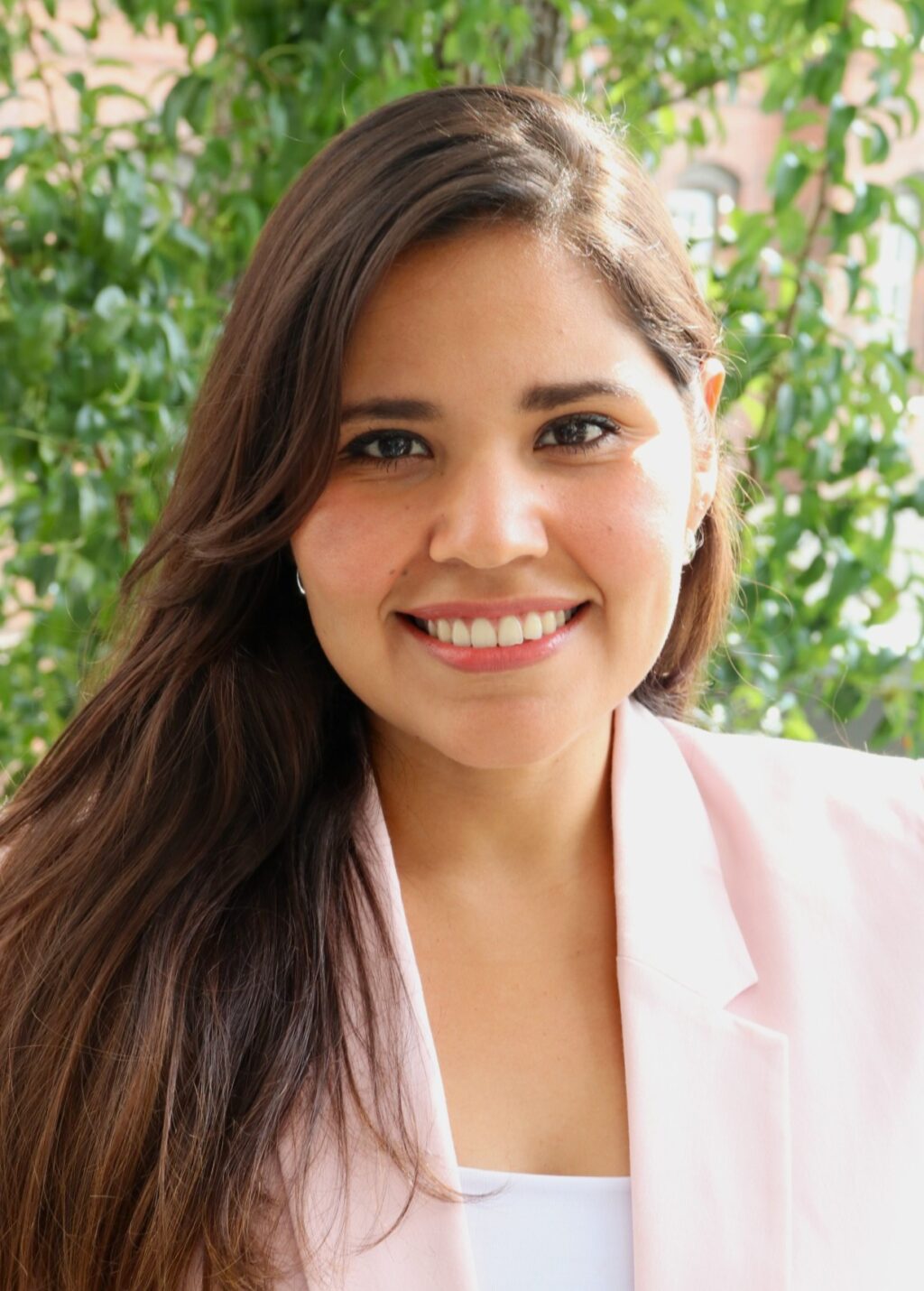

Resources
Share
Share this project on socials
Featured projects
